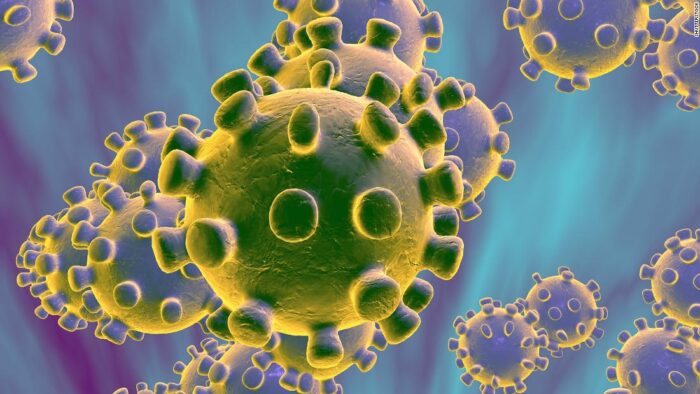New Delhi, May 15:
The scientists at Oxford University’s Jenner Institute, who are developing a vaccine for the novel coronavirus have passed an important hurdle. First results of a recent animal trial of the promising coronavirus vaccine from Oxford University were posted on Wednesday.
The pre-print results showed that the “ChAdOx1 nCoV-19” vaccine has been effective in preventing damage to the lungs without any signs of immune-enhanced diseases. Six monkeys were infected with a high dose of SARS-CoV-2, the virus which causes the Covid-19. As on May 13, more than 1000 volunteers have already participated in human clinical trails of this vaccine.
Independent experts have lauded the results and noted that even though the human clinical trials are already in progress, the results of this study is good news.
“The most important finding to me is the combination of considerable efficacy in terms of viral load and subsequent pneumonia, but no evidence of immune-enhanced disease, which has been a concern for vaccines in general, for example with vaccines against respiratory syncytial virus (RSV), and for SARS vaccines,” Prof Stephen Evans, Professor of Pharmacoepidemiology, London School of Hygiene and Tropical Medicine, said.
Experts believe that one of the biggest challenges with vaccines against the coronavirus species is the “potential for antibody-dependent enhancement of the disease”, which has been one reason for the lack of a vaccine against the 2003 SARS CoV strain.
“It is helpful to see that monkeys vaccinated with this SARS CoV2 vaccine did not have any evidence of enhanced lung pathology and that, despite some evidence of upper respiratory tract infection by SARS COV2 after high viral load virus challenge, monkeys given the vaccine did not have any evidence of pneumonia,” Dr Penny Ward, Visiting Professor in Pharmaceutical Medicine at King’s College London said.
Even though more than 1000 people have participated in the human trials of this vaccine, the controlled animal trials are being conducted in US and UK because it let’s researchers infect the subjects with the virus and see if the vaccine works and if there are any signs of side effects.
Asked if the results of controlled animal trails would necessarily translate into results of human trials, Prof Evans said: “No we don’t know for sure, that’s why trials need to be, and are being, done in humans, but it is encouraging to see these results and suggests cautious optimism for the Oxford vaccine trial being done in humans.”
On the other hand, a negative result in the study could have produced hurdles in the further human trials of the vaccine but scientists are now hopeful about phase 3 of human clinical trials. “These results support the ongoing clinical trial of the vaccine in humans, the results of which are eagerly awaited” added Dr Ward.
The development of the vaccine is being led by Sarah Gilbert, who is Professor of Vaccinology at the University of Oxford and leads the Jenner Institute programme on new vaccines against influenza. The group has tied up with several vaccine manufacturing firms including the Pune based Serum Institute of India for mass production of the Covid vaccine.
COURTESY: India Today




